Teachers request support for these topics
4 out of 5 teachers want more support to address students’ social and emotional development.

Today’s future
This study found statistically significant associations between the measurement of socio-emotional skills in kindergarten and positive results in education, employment and mental health in adulthood.

It is efficient and effective
Integrating social and emotional development into learning returns 11 dollars for every dollar invested.




